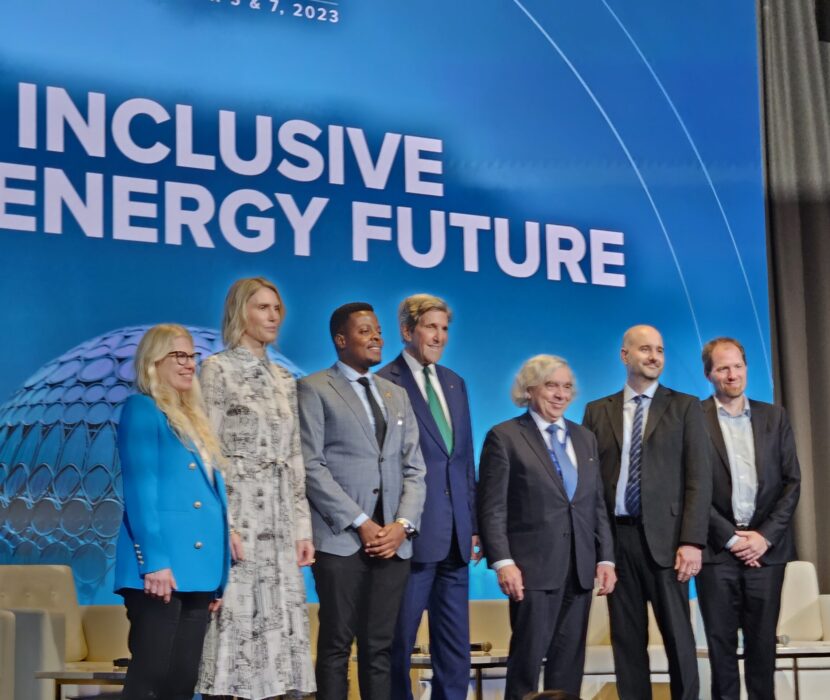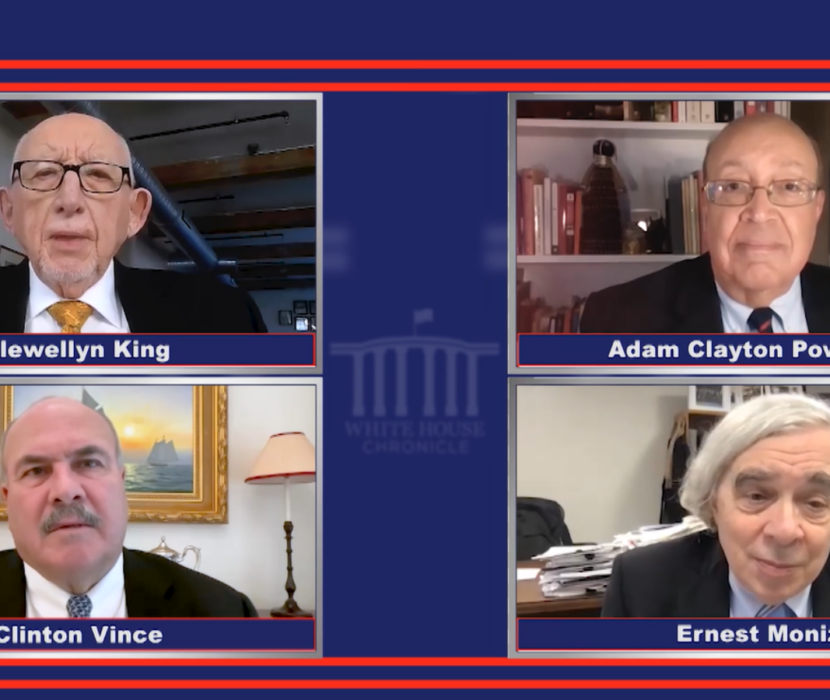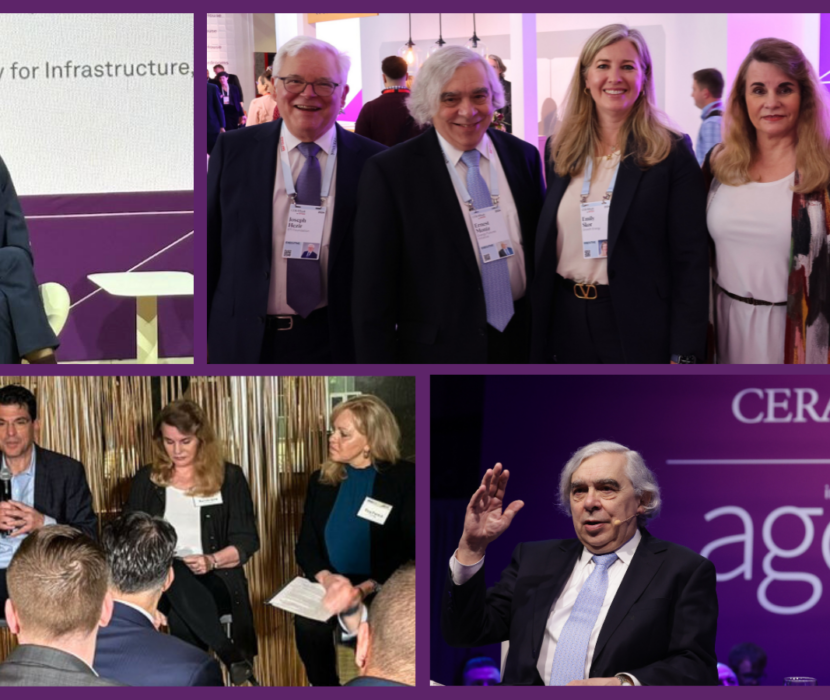
In a February 13, 2022, CNN interview with Fredricka Whitfield, Energy Futures Initiative CEO Ernest Moniz discussed geopolitics in Russian and Ukraine, and the global energy concerns surrounding potential conflict.
Whitfield referenced Moniz’ recent op-ed titled, “Leaders must untie the ‘knot of war’ in Europe,” and asked what “untying the knot” means for Russian and Ukranian strategy. To this Moniz replied that there will be losers all around, “Ukraine…bearing the brunt of a Russian military action, but Russia would suffer both in the near and far term.” He argued that in the near term, sanctions would come into play, but also Putin would be a “geostrategic pariah in the West,” with very long-term consequences.
Ukraine is not a member of NATO, and given the circumstances, it would be an extended period of time before it could join. Further issues surrounding this conflict depend on Putin’s military objectives. Moniz also added that in the West would ultimately be a loser as well, since the Russian economy is integrated in the global economy in ways other nations like Iran or North Korea are not.
Moniz then explained the consequences of invasion and conflict in terms of world energy. He highlighted that Russia supplies about 40 percent of natural gas to Europe and the opening of the new pipeline, Nord Stream 2, would expand this even further. Whitfield commented on how President Biden has warned Russia that the Nord Stream 2 pipeline will not go ahead if they invade Ukraine. Moniz said that although Europe has greatly increased its internal market flexibility, 40 percent is still a lot of gas from Russia, and if used as a weapon would have a certain detrimental impact.
Later, about the generation and sustainability of nuclear fusion, Moniz acknowledged technological advances in the U.K. and France. However, he added that the more exciting part of the story is in the United States, with privately financed fusion companies generating breakthroughs in energy technology. “The private sector has put more than $4 billion into these fusion companies,” he said. “When the private sector does that, it tells you something is happening.”
Whitfield asked what significant fusion breakthroughs mean for the ordinary citizen on a day-to-day basis, to which Moniz responded with, “It’s a game-changer.” He said commercialized nuclear fusion would provide the carbon-free, high-energy-density qualities of nuclear fission reactors today, “except without the problems.” Moniz said, “a fusion machine would neither pose any risk at all to the public, nor would it have the very, very difficult long term, radioactive waste to manage.”
– Karla Salazar
(Share this post with others.)




